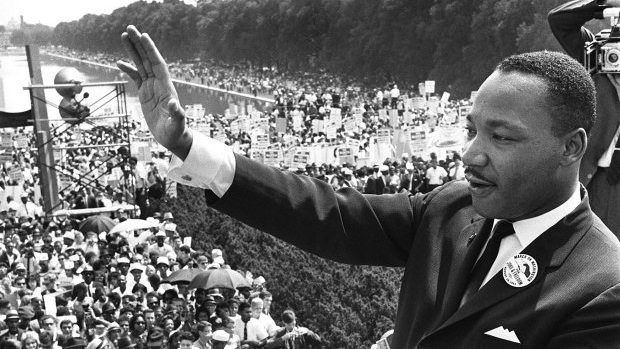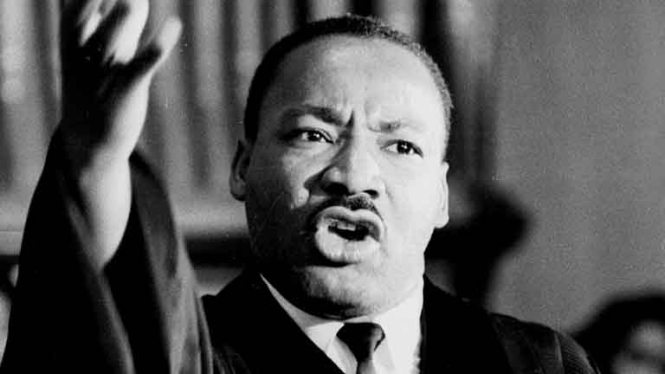Dominant Fe: King was incredibly good at appealing to people’s emotions, and that’s what made him such a powerful motivational speaker. His writings are full of emotional appeals, and all of these appeals relate to people on a universal level, rather than simply relating to his own experiences. Luther’s life’s work was a purely ethical endeavour and he was willing to sacrifice everything he had in order to help others. Even when he was exhausted, Martin Luther King Jr. was capable of mustering incredible charisma and enthusiasm in order to motivate people.
Auxiliary Ni: MLK was great at pinpointing problems and finding ways to solve them. In his refutations of his enemies claims, he was able to not only provide them with emotional appeals, but was able to refute their logic as well. He was good at predicting how people might react to certain types of behaviour, and as a result, he encouraged his followers to take on a non-violent approach (this encouragement was more than just a moral one). MLK had a love for symbolism and often used metaphor and flowery language in his speeches.
Tertiary Se: King was good at painting visual imagery in his speeches, which shows his observance of his physical environment. Martin Luther King Jr. definitely stopped to consider the long-term consequences of his choices, but he also lived very much in the present moment. He was good at improvising and making last minute changes to prior plans. At times, he would often get up and give impromptu speeches when he saw an immediate need for them (though generally he liked to plan them out a bit).
Inferior Ti: Martin Luther King Jr. didn’t necessarily care to follow the logic that was widely accepted by the world, but preferred to stick to his own internal sense of logic. He wasn’t the best at organising people and didn’t really do so at all (his main source of leadership existed in his ability to inspire people). He couldn’t understand people who were detached from their emotions and could not stand any behaviour he saw as cruel or unethical.





You must be logged in to post a comment.